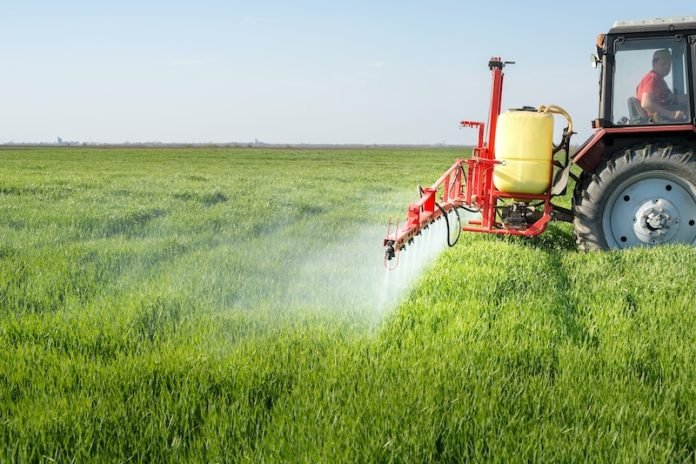
As the European Union renews the approval of the herbicide glyphosate for another decade, a new editorial paper published in the Journal of Parkinson’s Disease issues a call to action regarding the use of agrochemicals and their potential links to Parkinson’s disease (PD).
Pesticides have long been associated with PD, both through epidemiological evidence and animal studies, making it crucial to address their impact on human health.
Artificial intelligence (AI) is increasingly being utilized in aging research and cancer drug development. AI’s analytical capabilities help uncover the complex relationships between aging, cancer, and treatment outcomes.
Researchers are leveraging AI to identify new therapeutic targets, develop more effective cancer therapies, and expedite the drug discovery process.
The editorial emphasizes the need to prioritize human health, aligning with the United Nations’ Sustainable Development Goal of “Good health and well-being for all.”
While pesticides may exert direct toxic effects on the nervous system, including the central and peripheral nervous systems, their impact on the gut microbiome is also of concern. Dysregulation of the microbiome-gut-brain axis is considered a contributor to PD.
Glyphosate, the most widely used herbicide, affects the shikimate pathway present in plants and some bacteria, not in humans.
However, it disrupts the balance of microbiome compositions and the production of essential shikimate pathway products in humans, potentially contributing to PD.
The editorial suggests several pathways to mitigate potential pesticide-related harms and their implications for PD:
Further research is needed to understand the effects of pesticides on neurodegenerative diseases, with a specific focus on PD and the influence of microbiota composition. Agricultural techniques that ensure sufficient harvests without hazardous pesticides should be developed.
Policymakers should support and listen to scientists, considering evidence-based information. Public awareness regarding environmental factors and lifestyle should increase. Until clear political decisions are reached, the use of protective equipment and protective lifestyle measures should be emphasized. Conclusion:
With a projected increase in neurodegenerative diseases, particularly PD, and a clear link to lifestyle and environmental factors, addressing the impact of pesticides and glyphosate is crucial.
The authors stress the need for research to understand toxicity mechanisms and advocate for sustainable agricultural practices that prioritize public health.
Ultimately, global efforts are required to develop standardized biomarkers and guidelines to safeguard gut health and mitigate the risks associated with pesticide use.
In summary, the editorial serves as a call for action to raise awareness and drive change, emphasizing the importance of prioritizing health and environmental sustainability in the face of a complex issue like pesticide regulation.
If you care about Parkinson’s disease, please read studies about Vitamin E that may help prevent Parkinson’s disease, and Vitamin D could benefit people with Parkinson’s disease.
For more information about brain health, please see recent studies about new way to treat Parkinson’s disease, and results showing COVID-19 may be linked to Parkinson’s disease.
The research findings can be found in Journal of Parkinson’s Disease.
Copyright © 2023 Knowridge Science Report. All rights reserved.



